News & Stories
See the latest news about CMT drug development and read stories from the CMT community that highlight why we must deliver treatments and cures during our lifetime.
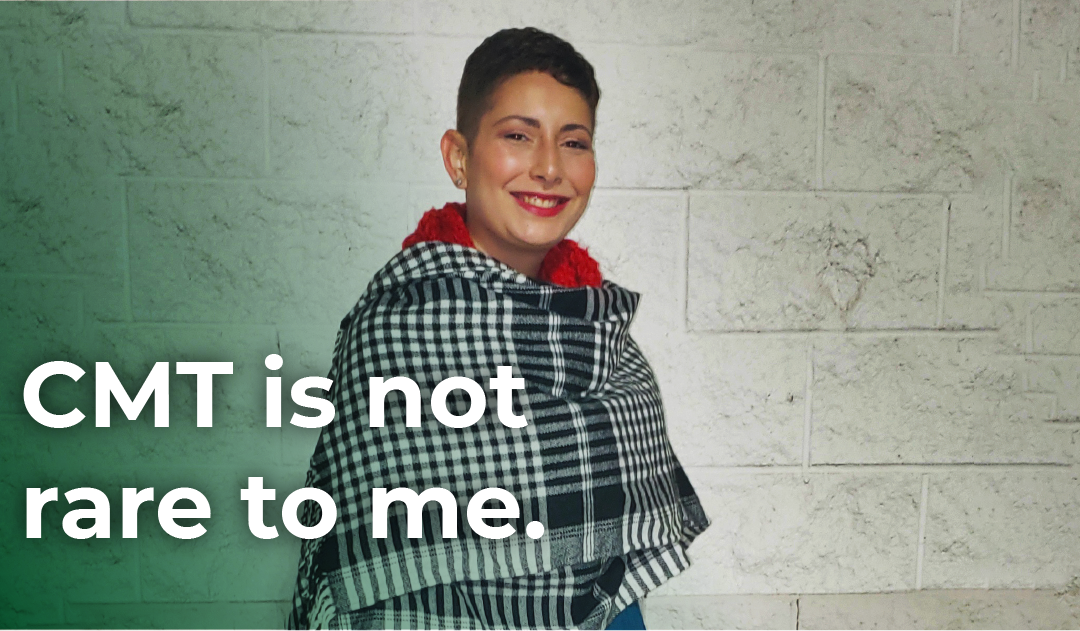
Living in Pain Every Day is Not Rare to Me
The day after my 29th birthday, I received confirmation that the intense pain I’d been experiencing all my life was most certainly not in my head. It was Charcot-Marie-Tooth 1X. During the first year after my diagnosis, I fell into a deep depression. My family had a hard time accepting this diagnosis. Telling my story has changed my life, and I’m determined to change the future. Read more.
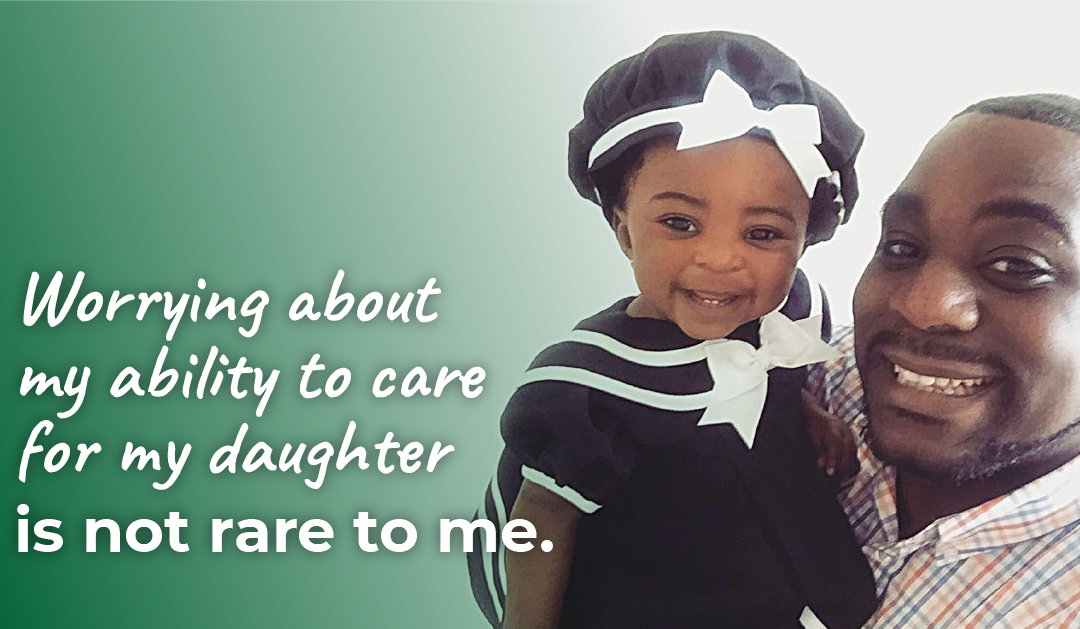
Worrying About My Daughter’s Future is Not Rare to Me
CMT may be a rare disease, but it is anything but rare to me. The most challenging part of living with CMT is the emotional toll it takes. I often think about the significant moments of my life that are yet to come: Will I be able to take my daughter to a father-daughter dance? Will I still be able to walk her down the aisle when she gets married? Read more.
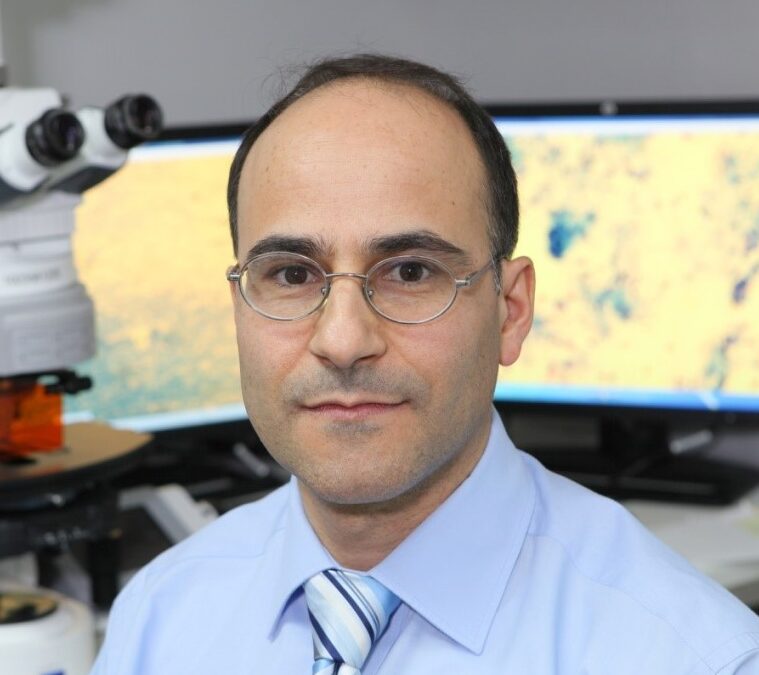
Additional Funding Announced for Promising Gene Silencing Approach to Treat CMT1A
After demonstrating tremendous progress, the CMT Research Foundation’s Scientific Advisory Board has decided to extend funding for a research project led by Dr. Kleopas Kleopa for six more months. If successful, this project could lead to the first genetic therapy for CMT1A. Read more.
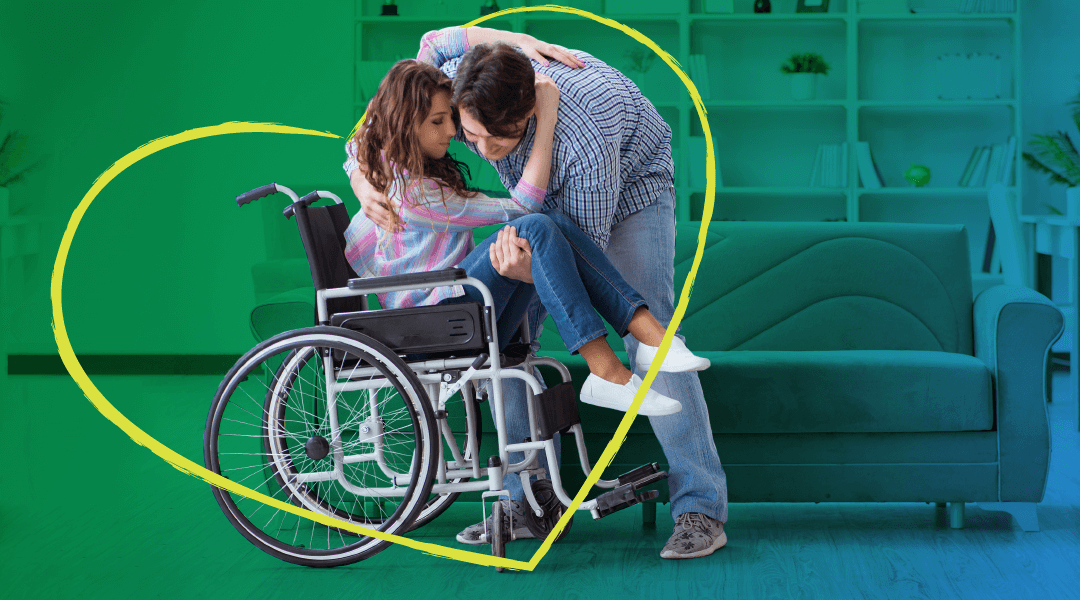
Caring for Someone with CMT: 3 Tips for CMT Caregivers
With no treatments or cures currently available for people with Charcot-Marie-Tooth disease, caring for someone with CMT may feel daunting. As a dad of a daughter with CMT and a friend to many with the disease, I know first-hand how physically and mentally challenging living with the disease can be. Here are three ways to help someone with Charcot-Marie-Tooth and be a supportive CMT caregiver.
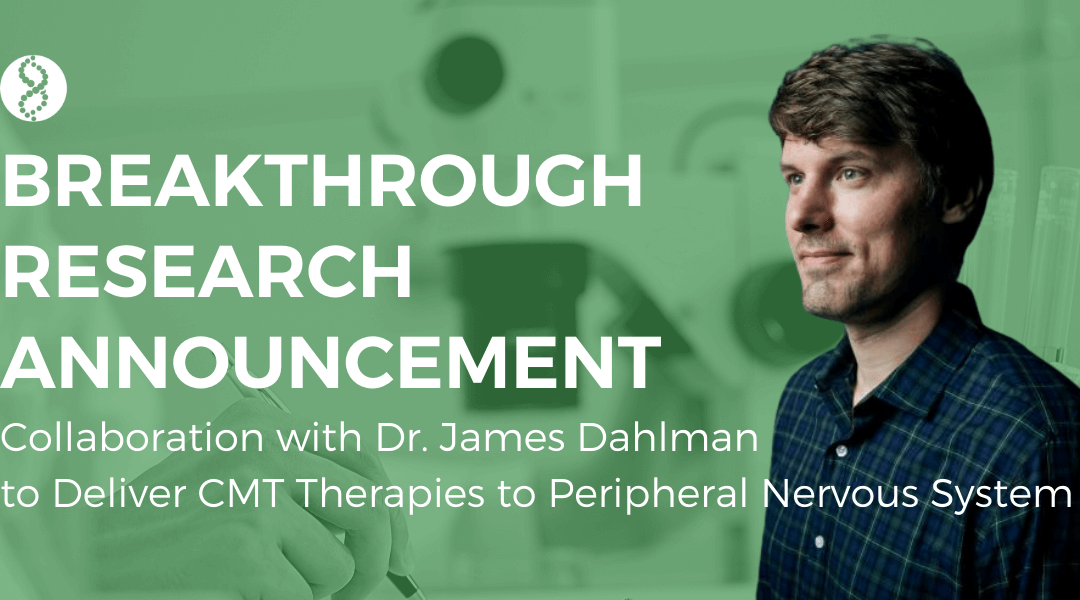
CMT Research Foundation Launches Groundbreaking Research to Overcome Barriers to Delivering CMT Therapies to the Peripheral Nervous System
The CMT Research Foundation has launched a groundbreaking new research collaboration today with James Dahlman, Ph.D., assistant professor in the Wallace H. Coulter Department of Biomedical Engineering at the Georgia Institute of Technology and Emory School of Medicine. This innovative partnership seeks to overcome the challenges in CMT drug delivery by using lipid nanoparticles (LNPs) to deliver therapies to the PNS that could slow, stop or even reverse the effects of CMT in patients.
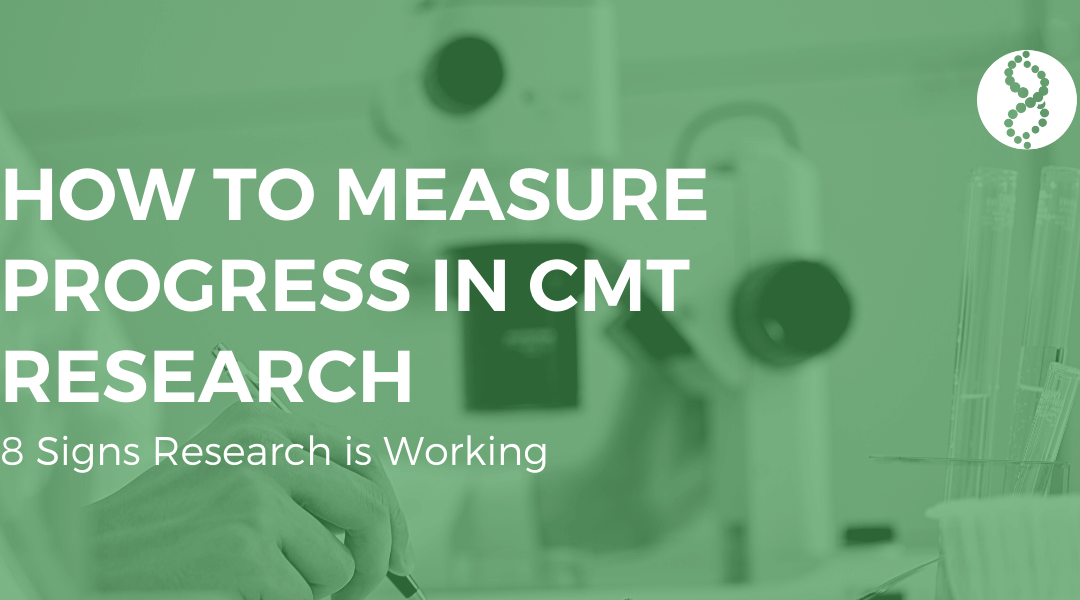
How to Measure Progress in CMT Research: 8 Signs Research is Working
It costs more than $2.6 billion to develop an approved prescription medicine and typically takes between 10 to 15 years to get a drug to clinical trials. With no treatments or cures currently available for diseases like CMT, it’s easy to question how donations to support scientific research make a difference. These 8 signs let you know when research is working.
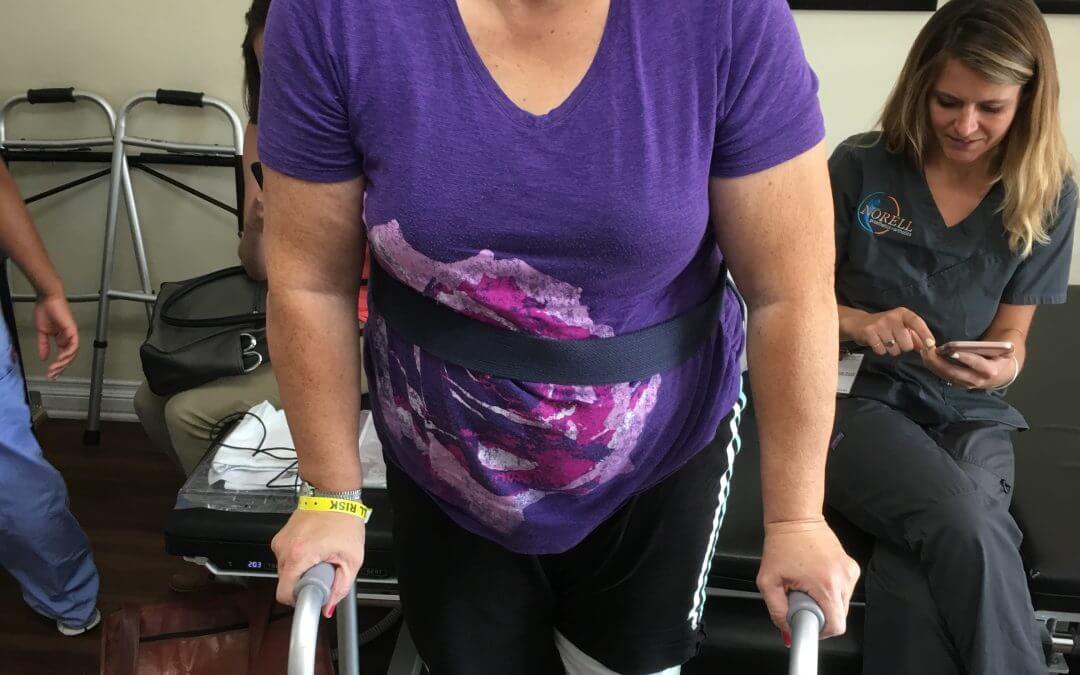
Mom with CMT Loses Her Leg but Gains Strength for Her Daughter
My doctor told me it was the worst case of CMT he had ever seen. We reviewed my options: A fusion with no end to my pain, or amputation. Here’s what I chose and what I’m doing to change things for my daughter.
After 10 Surgeries in 10 Years to Address Deformities from CMT, This Young Woman is Fighting Back
Surgical recovery takes up to 12 weeks and requires me to take a leave of absence from my job, lay with my toes above my nose, spend most of the day alone, and give up my independence. I’m unable to shower on my own, walk without crutches, and have become very socially isolated, especially during COVID-19 quarantine. Given that I’ve had so many surgeries in such a short period of time, it’s difficult to maintain steady employment, let alone a full-time career. All of that is on hold due to my CMT.
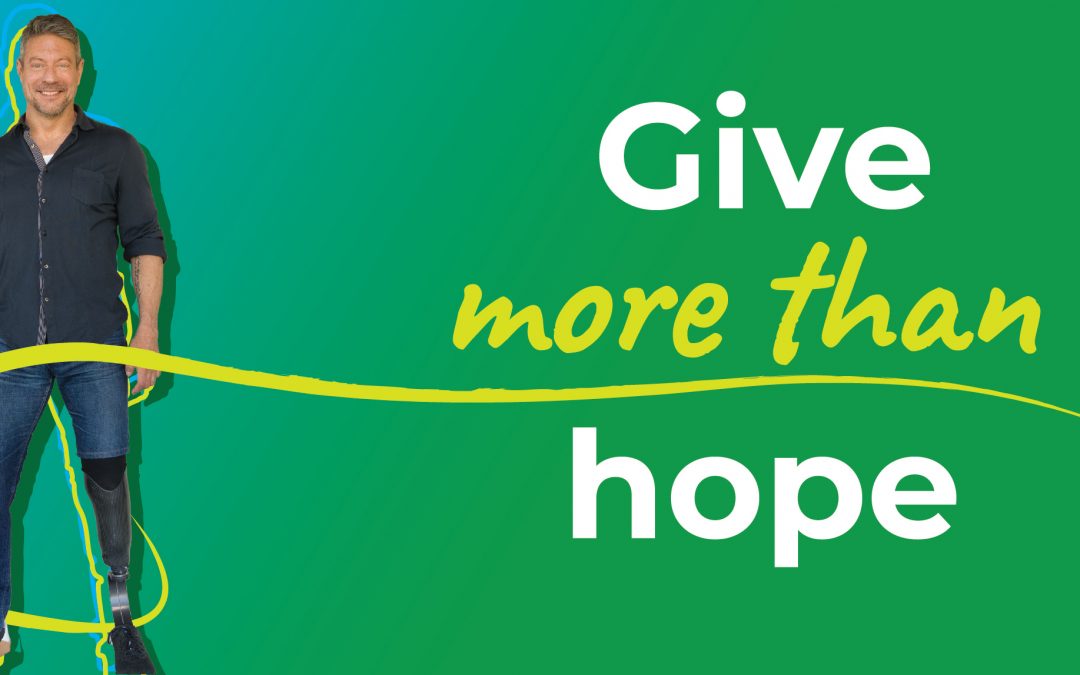
Hope Alone Won’t Save My Hands, But a Treatment Will
I heard a loud pop. Then came the sudden swelling. All I’d been doing was walking down the sidewalk when my left leg snapped. At first, I thought it was just sprained. I kept limping on it for two weeks, until a doctor confirmed it was broken. Doctors gave me three options: Live with the pain and wear a removable cast for the rest of my life, undergo another surgery that probably won’t work, or amputate a portion of my leg. I chose amputation. Read more about Joe’s journey and what he’s doing to give people with CMT more than hope.
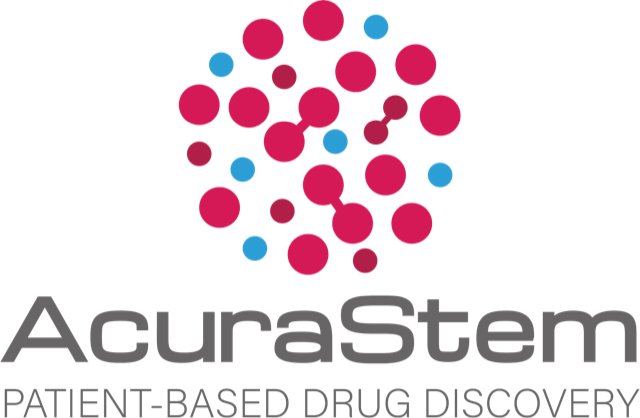
AcuraStem Scientists Demonstrate Positive Early Results for CMT2A Treatment
The CMT Research Foundation is currently funding a research project led by AcuraStem aimed at producing effective treatments for CMT2A. Using stem cells derived from adult patients, AcuraStem scientists have tested thousands of compounds for their ability to promote...
NEWSLETTER SIGNUP
Stay up to date on new CMT research, treatments and clinical trials
Address
4062 Peachtree Road
Suite A209
Atlanta, GA 30319
Phone Number
404.806.7180
Media Inquiries
© 2024 CMT Research Foundation | Privacy Policy
